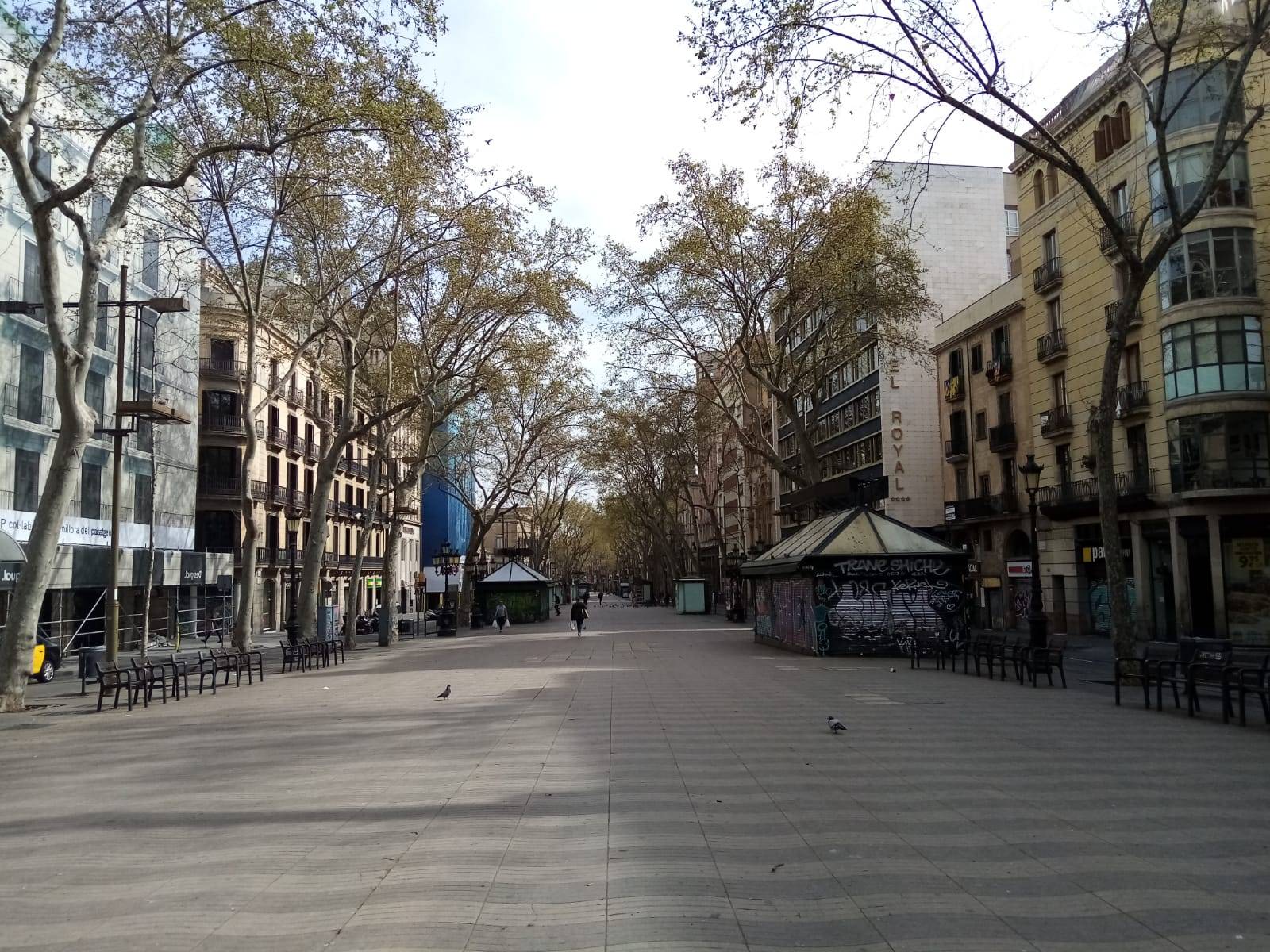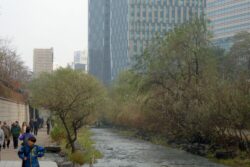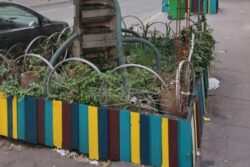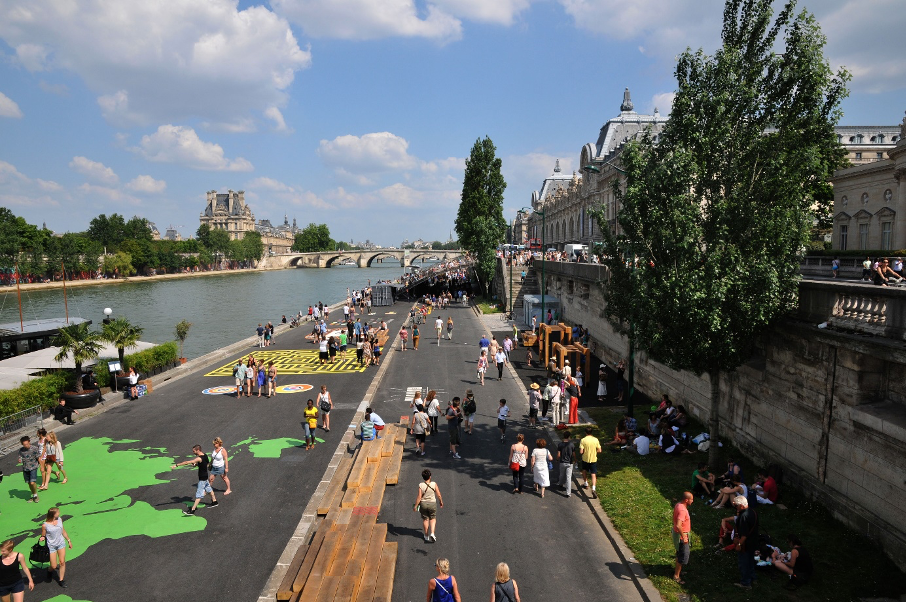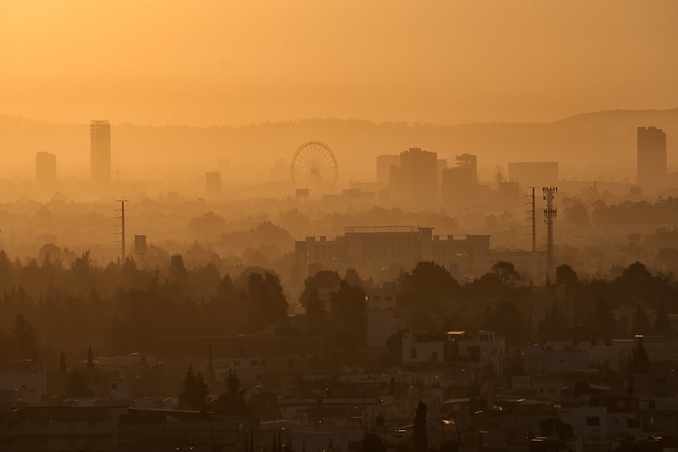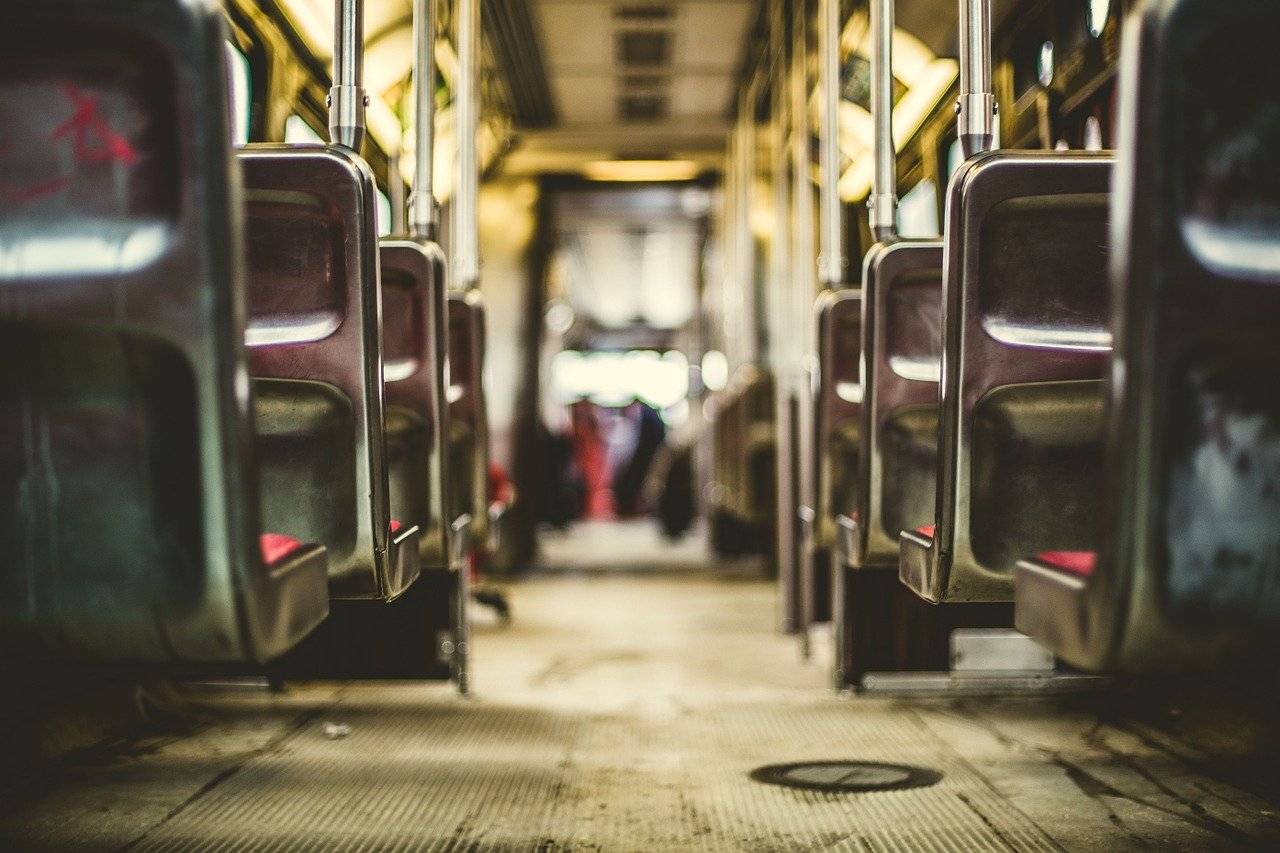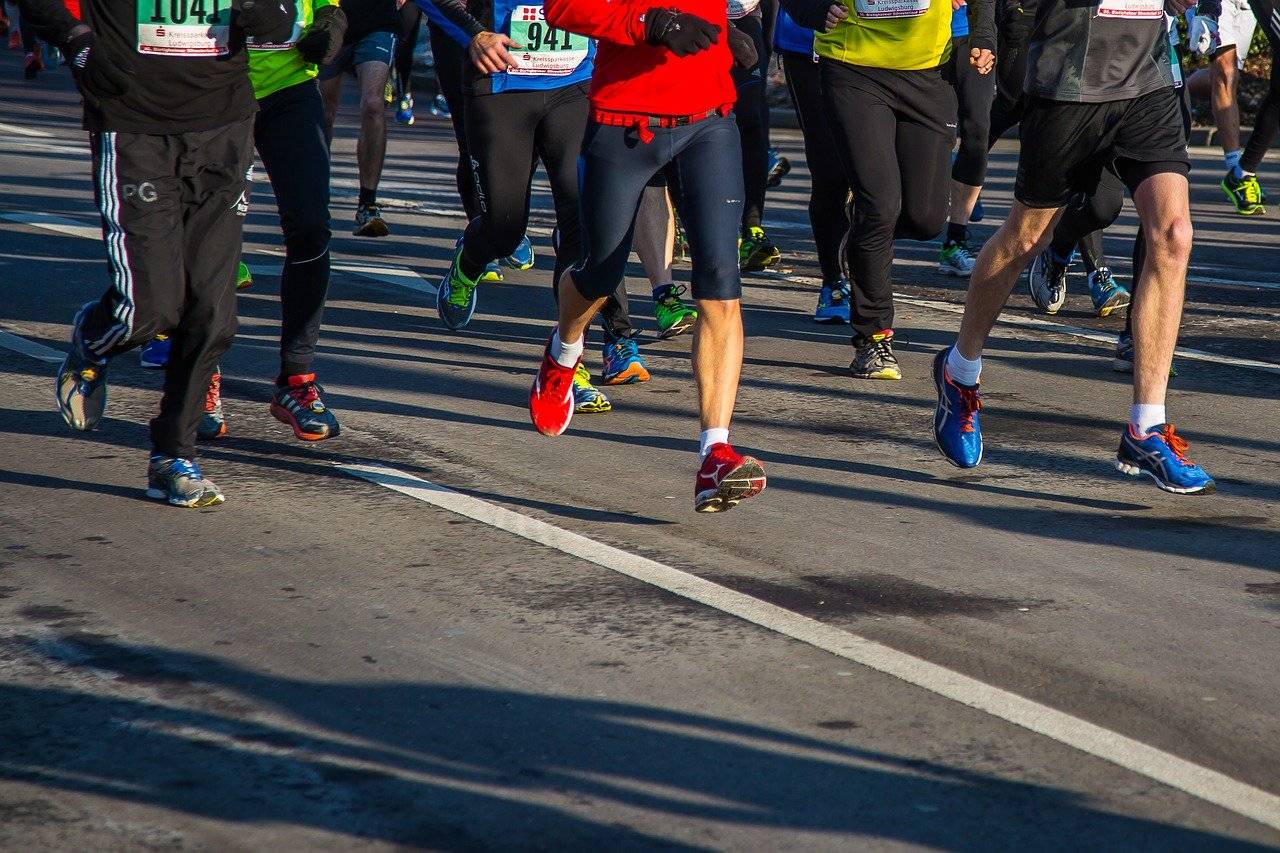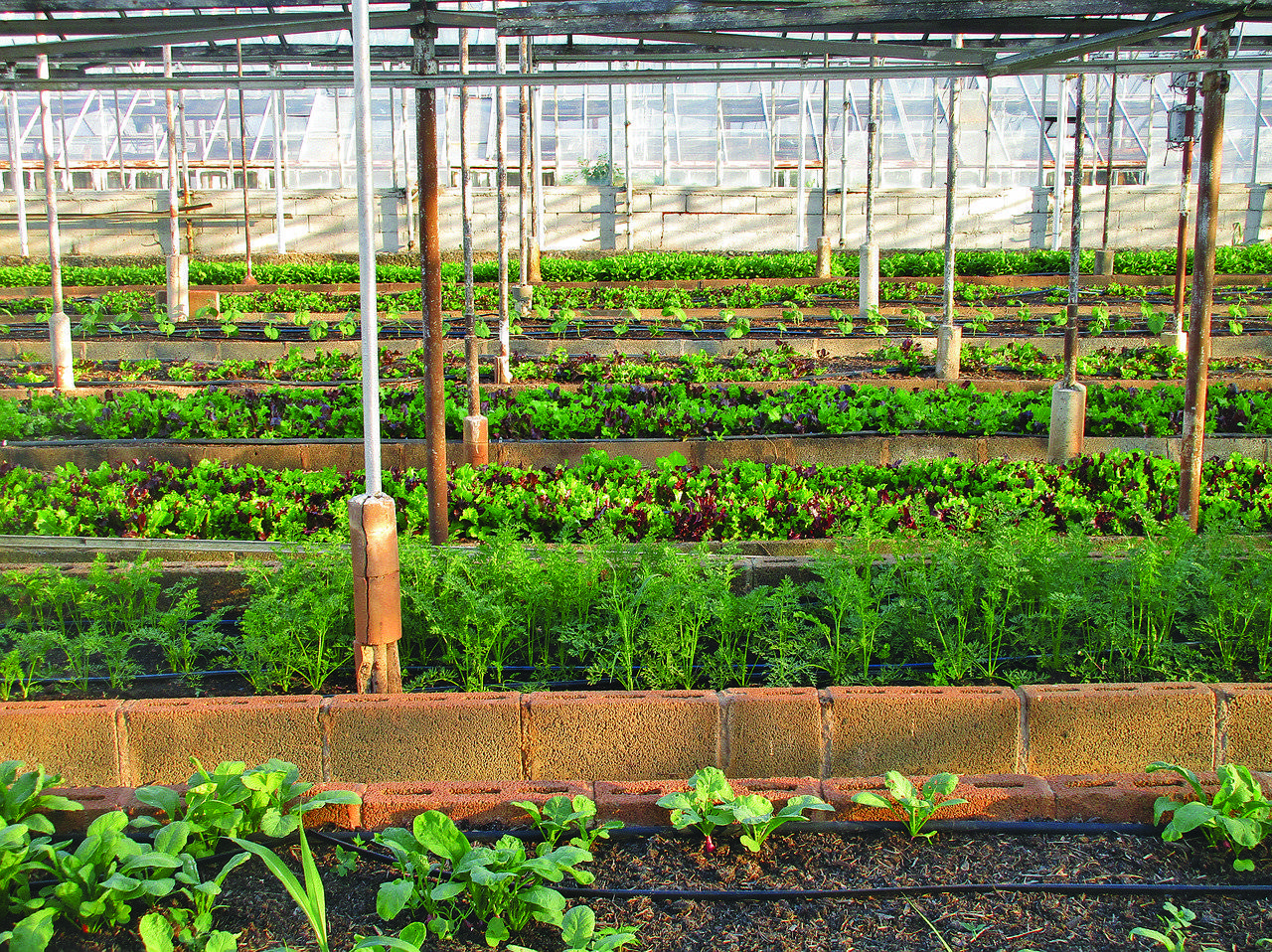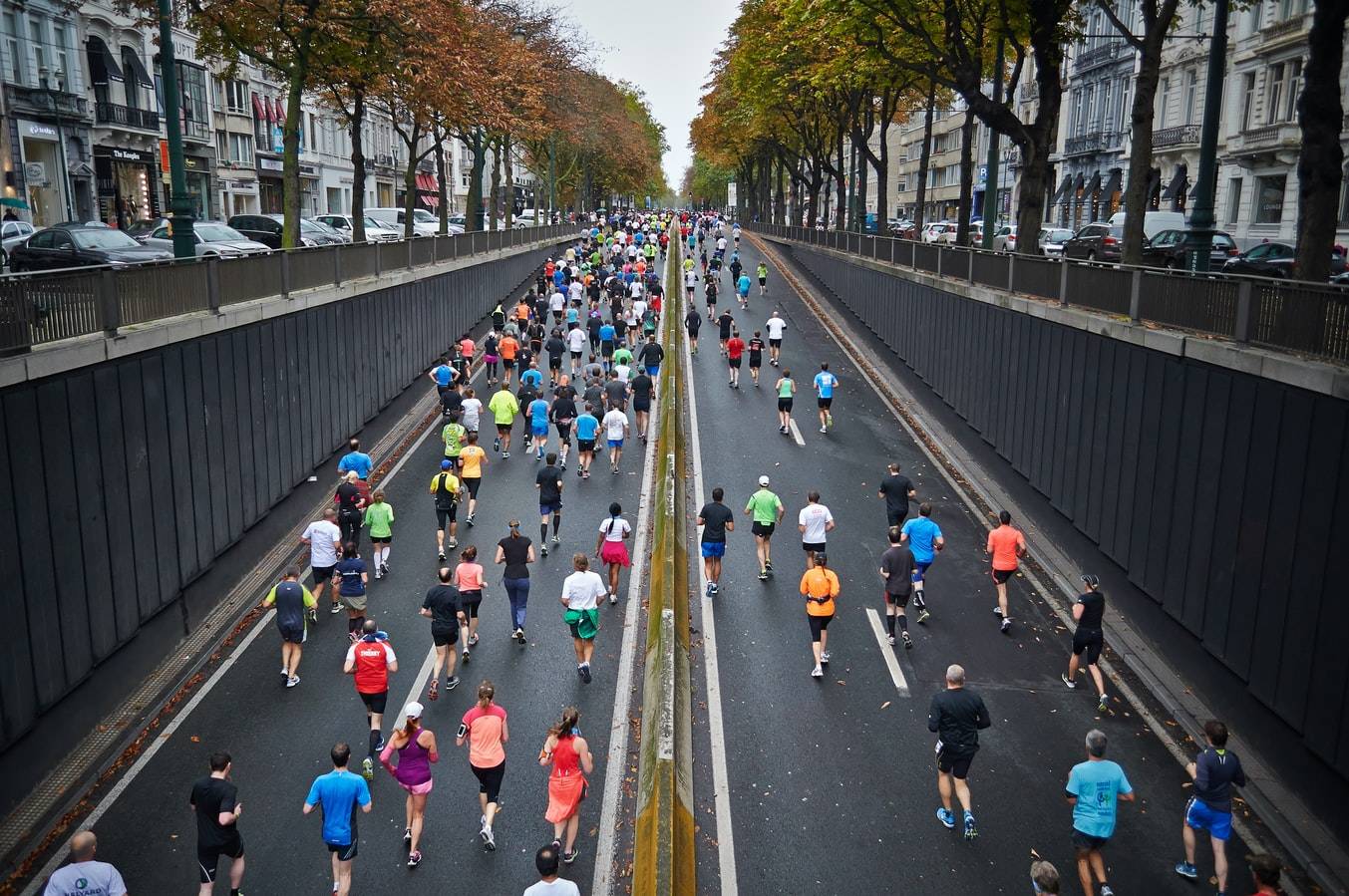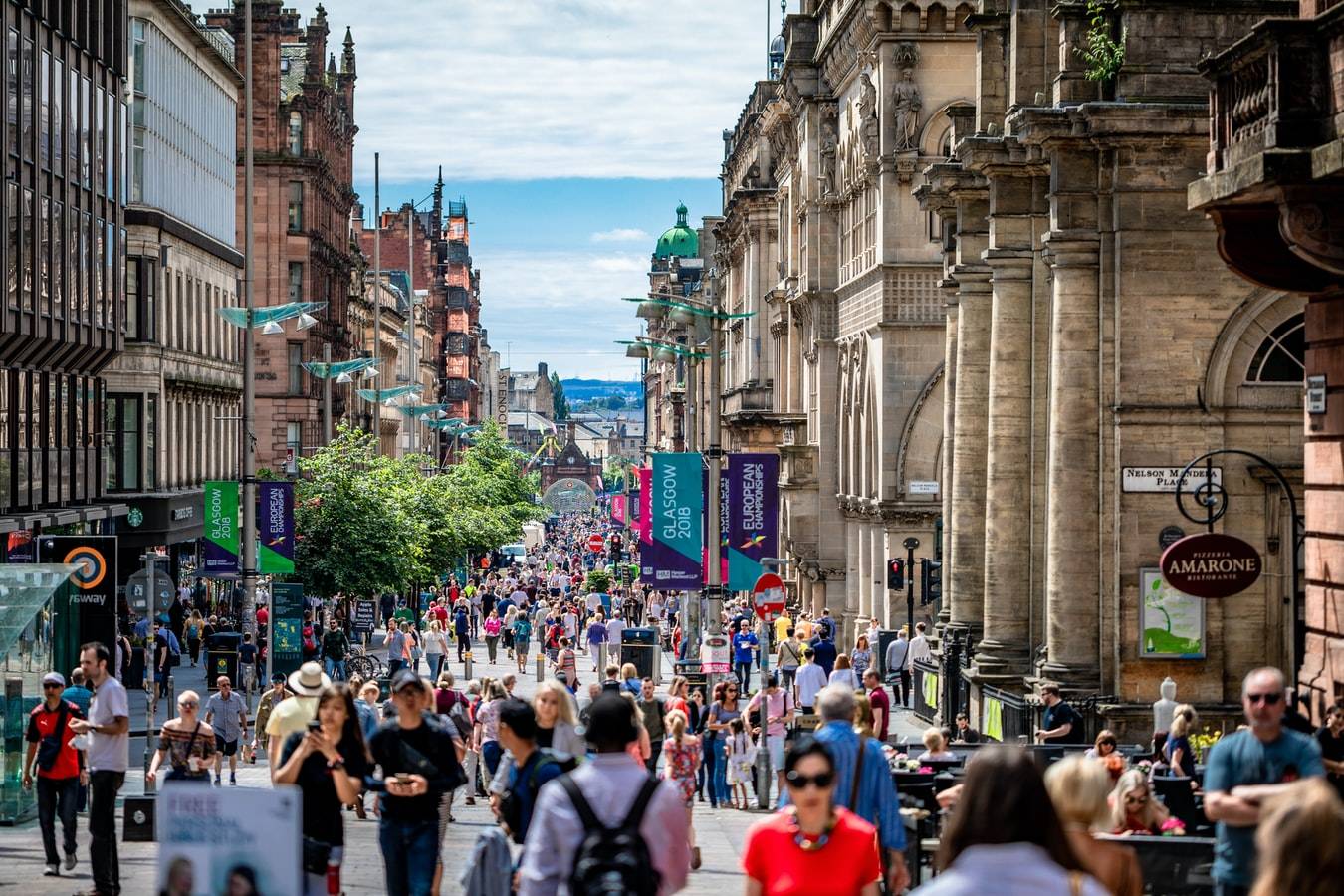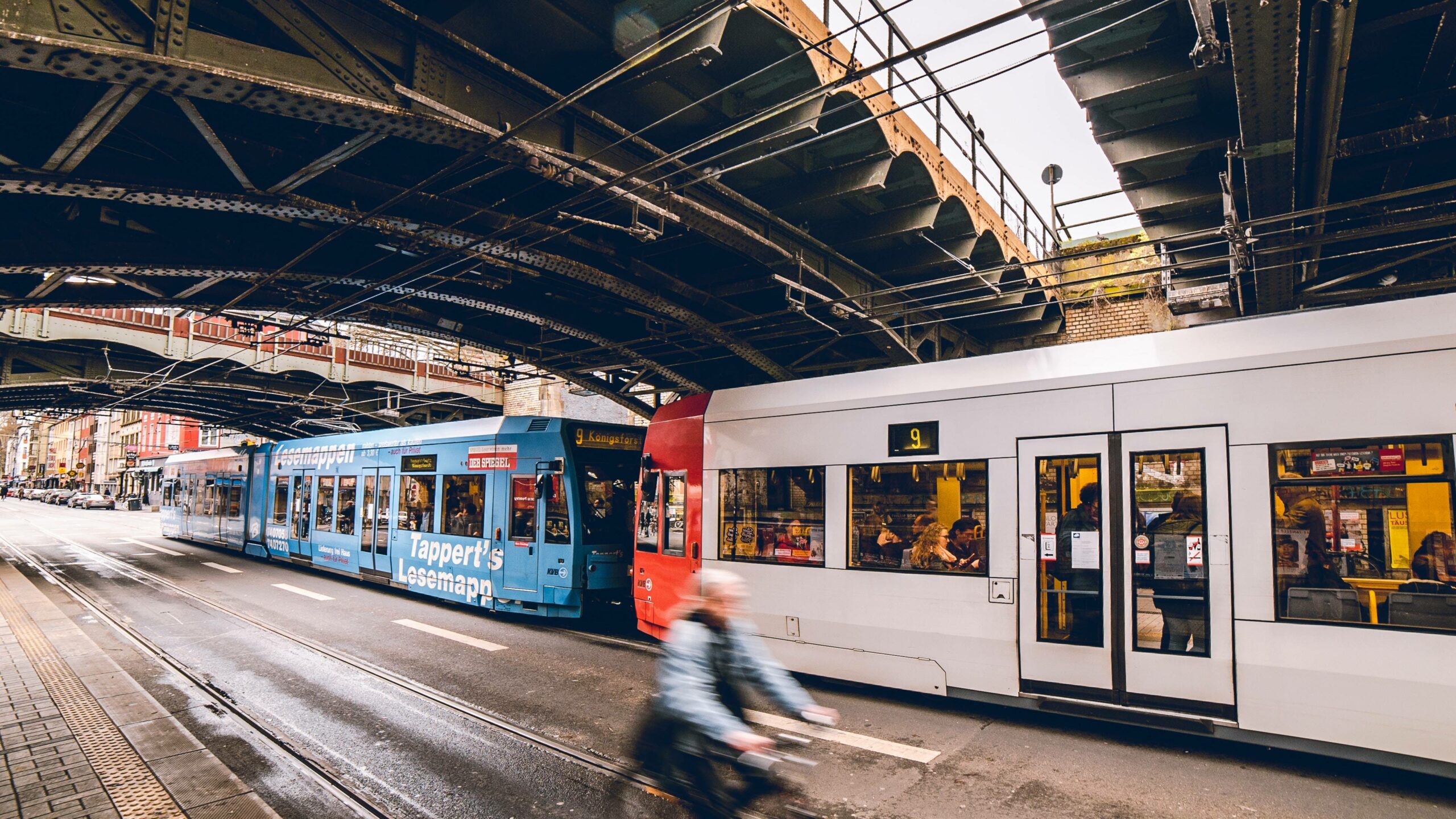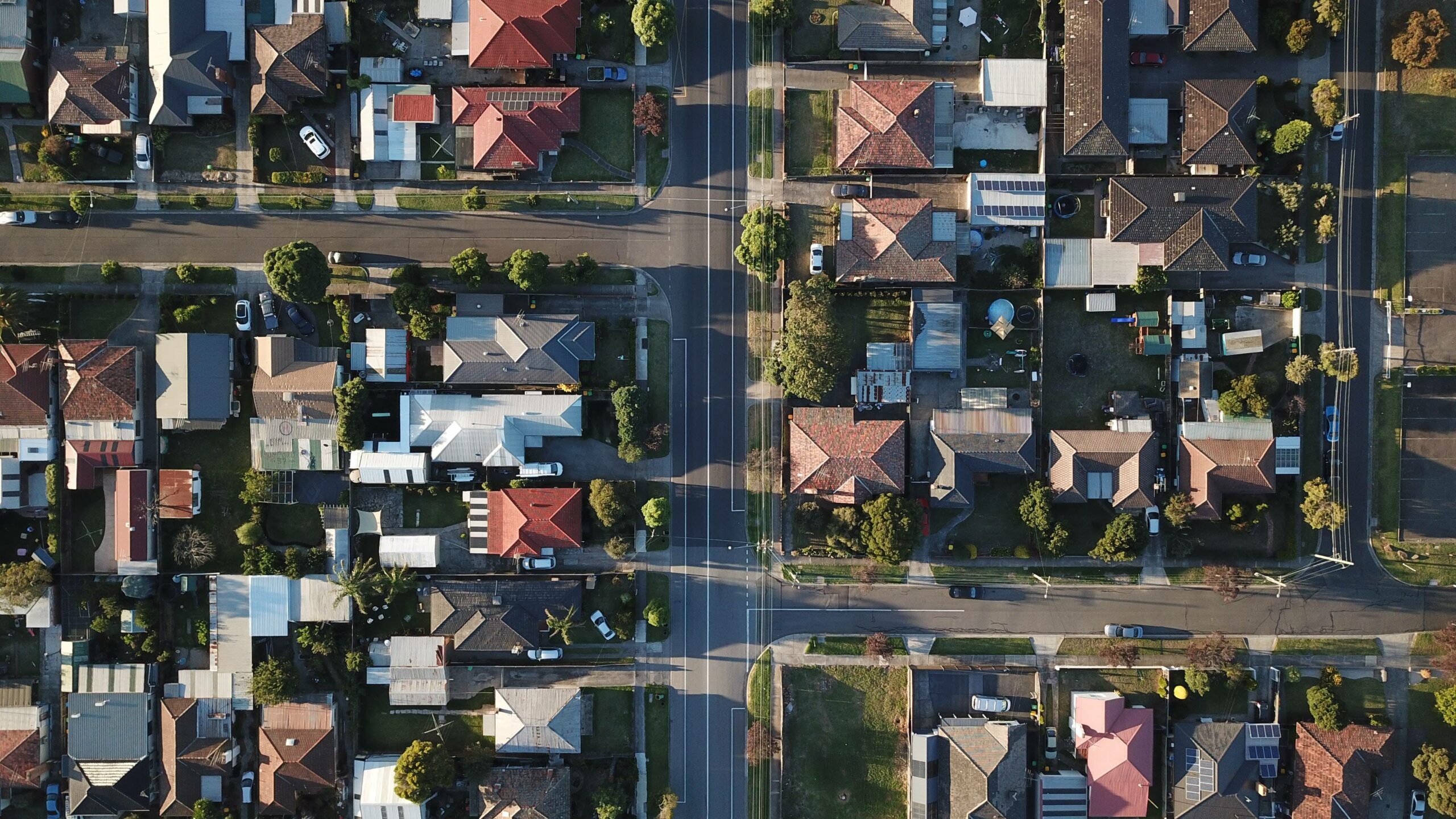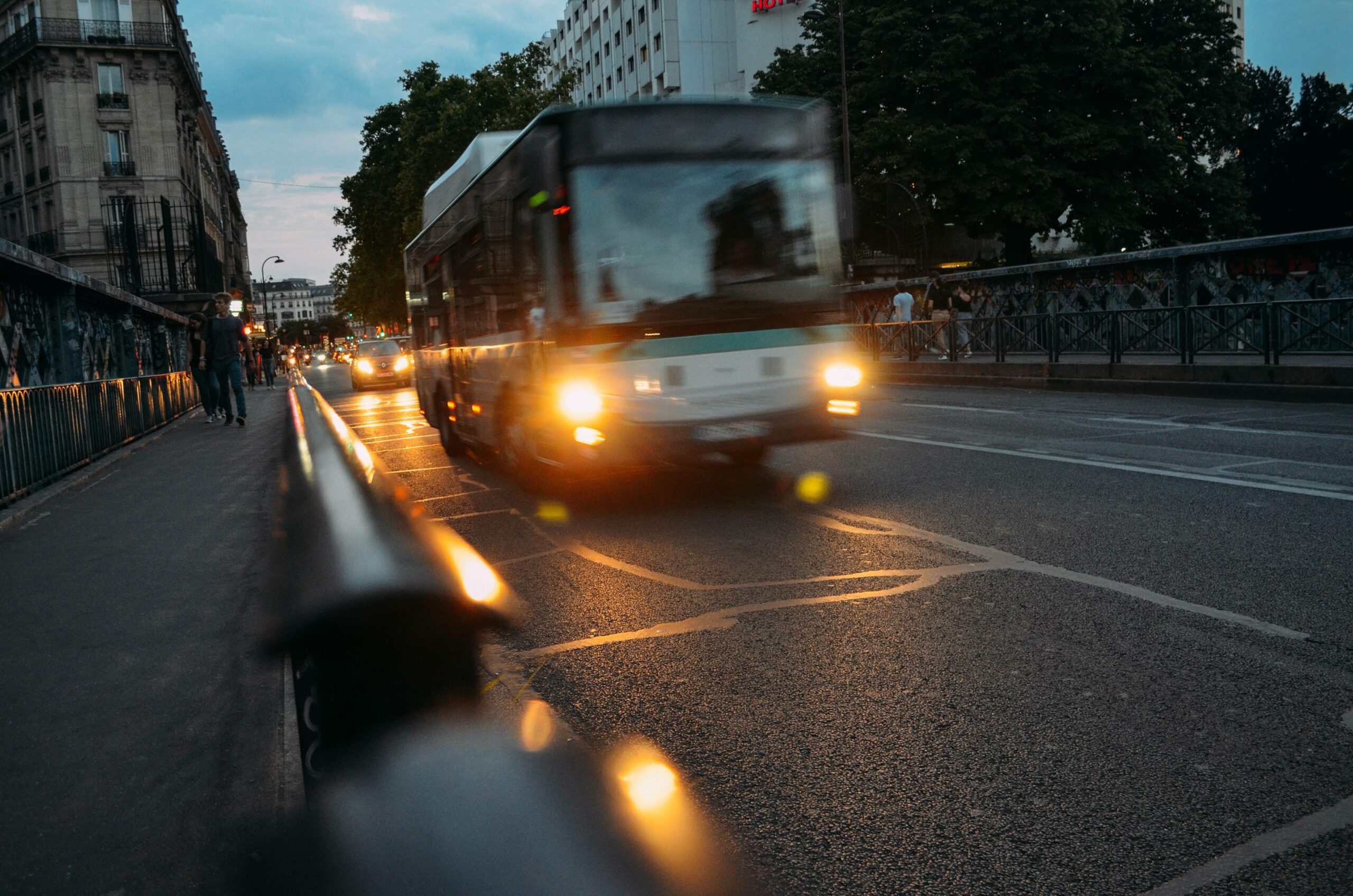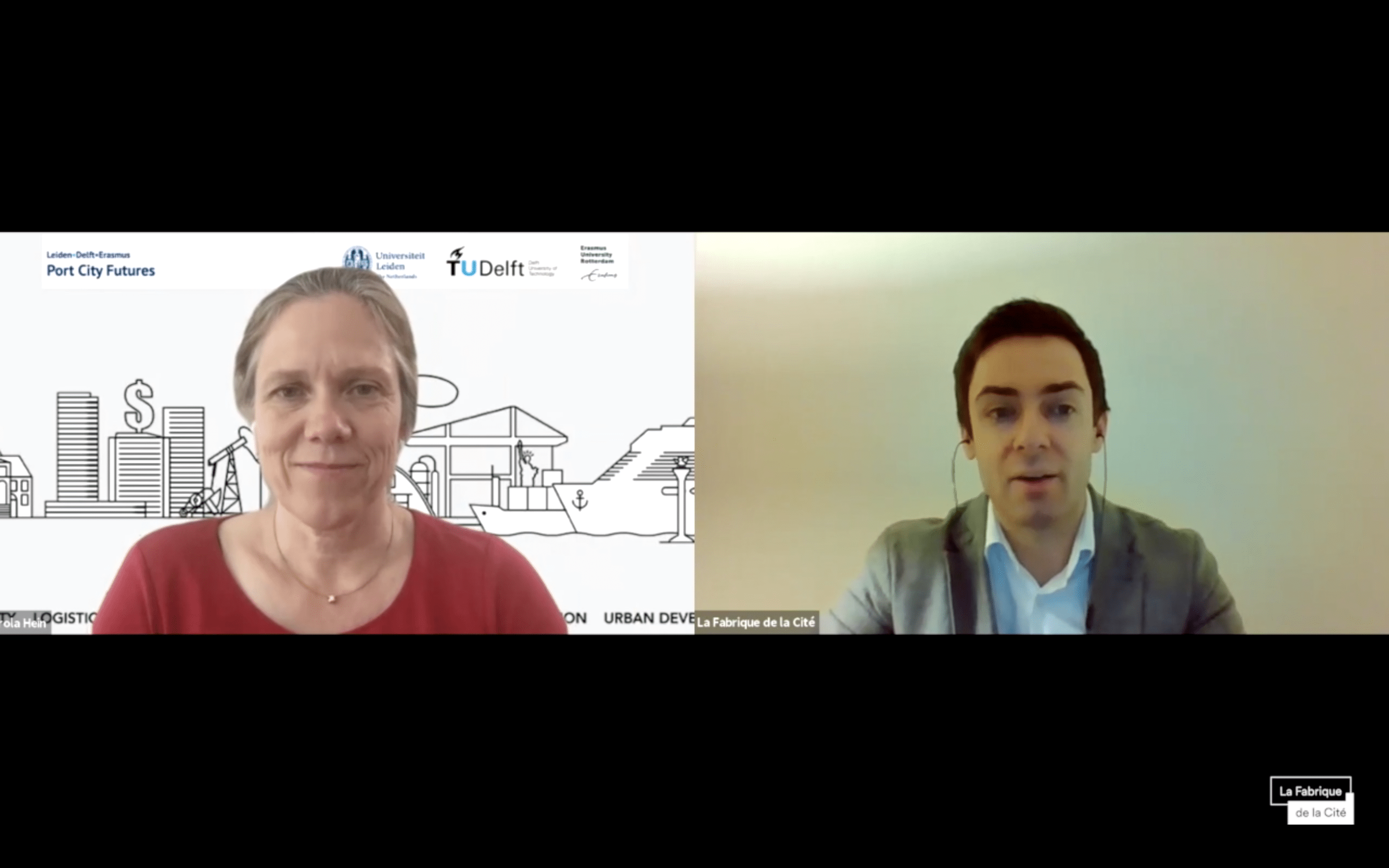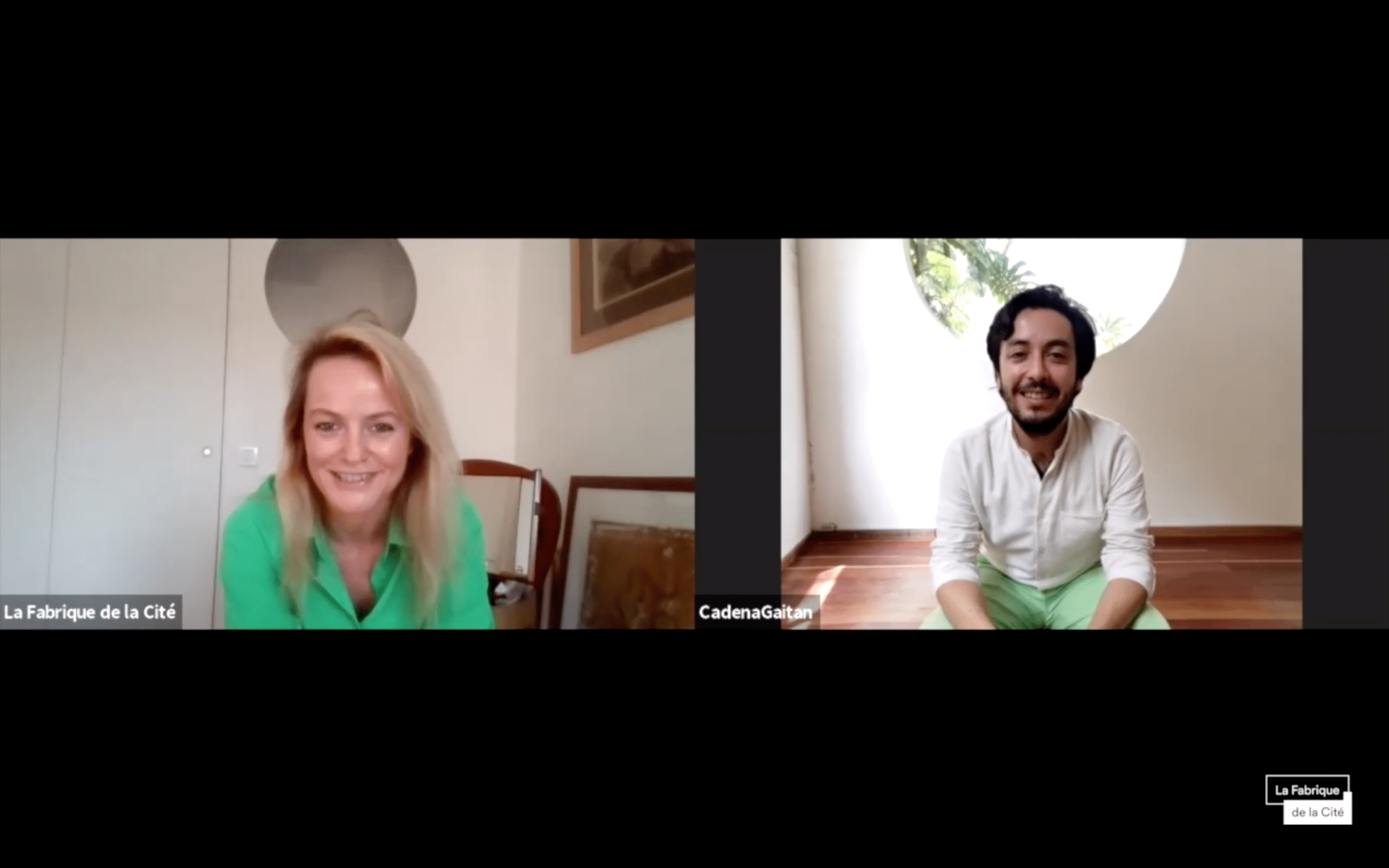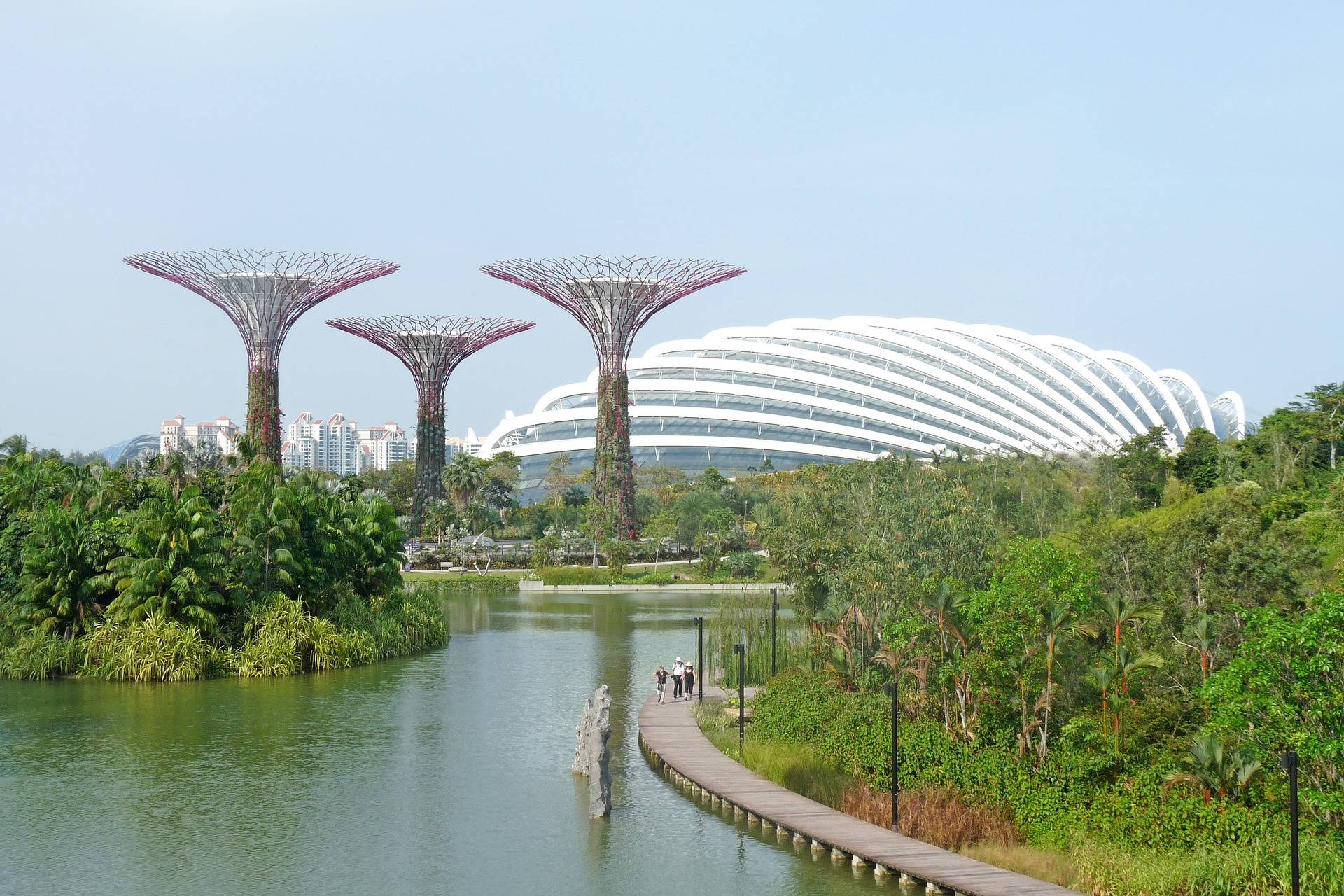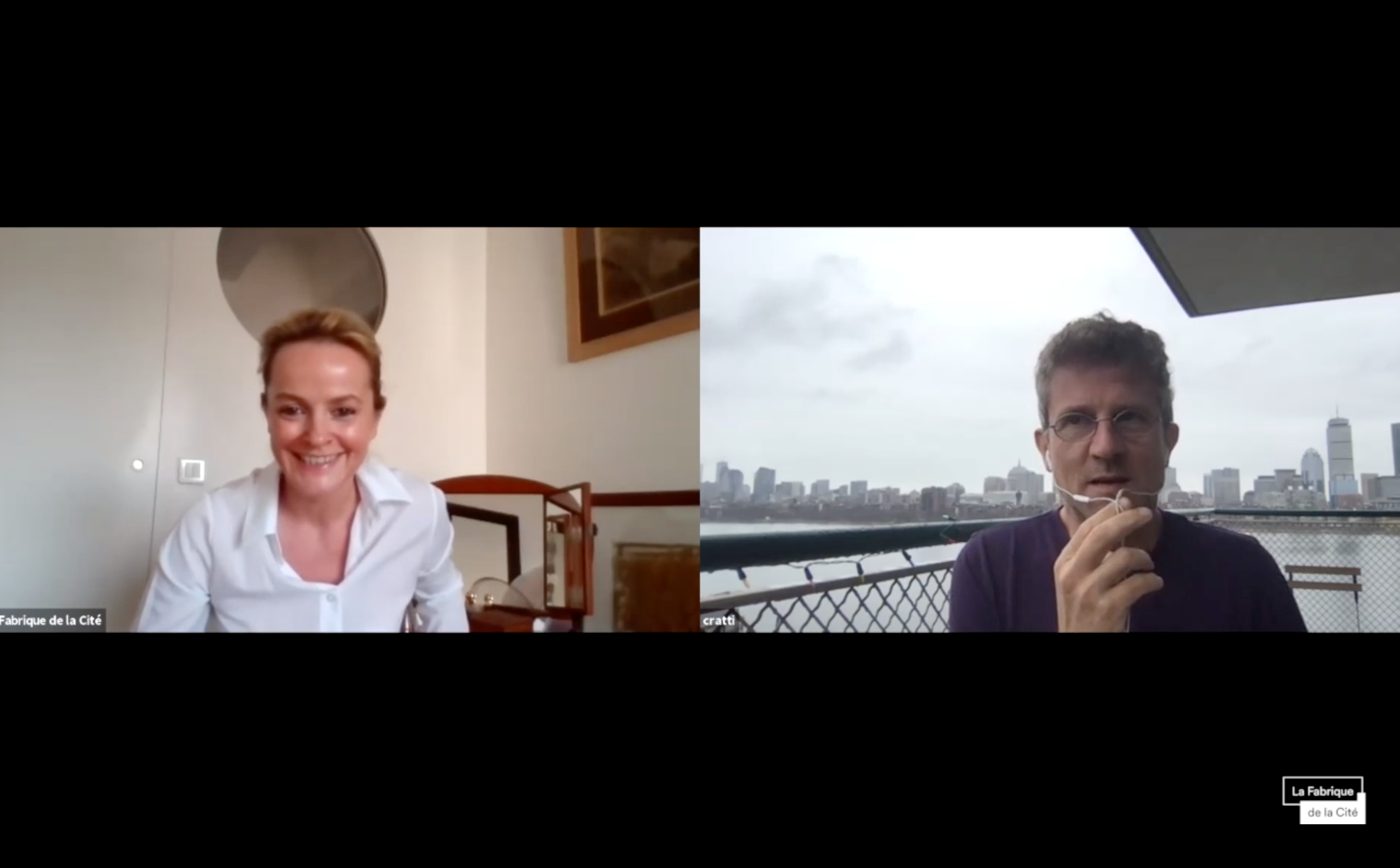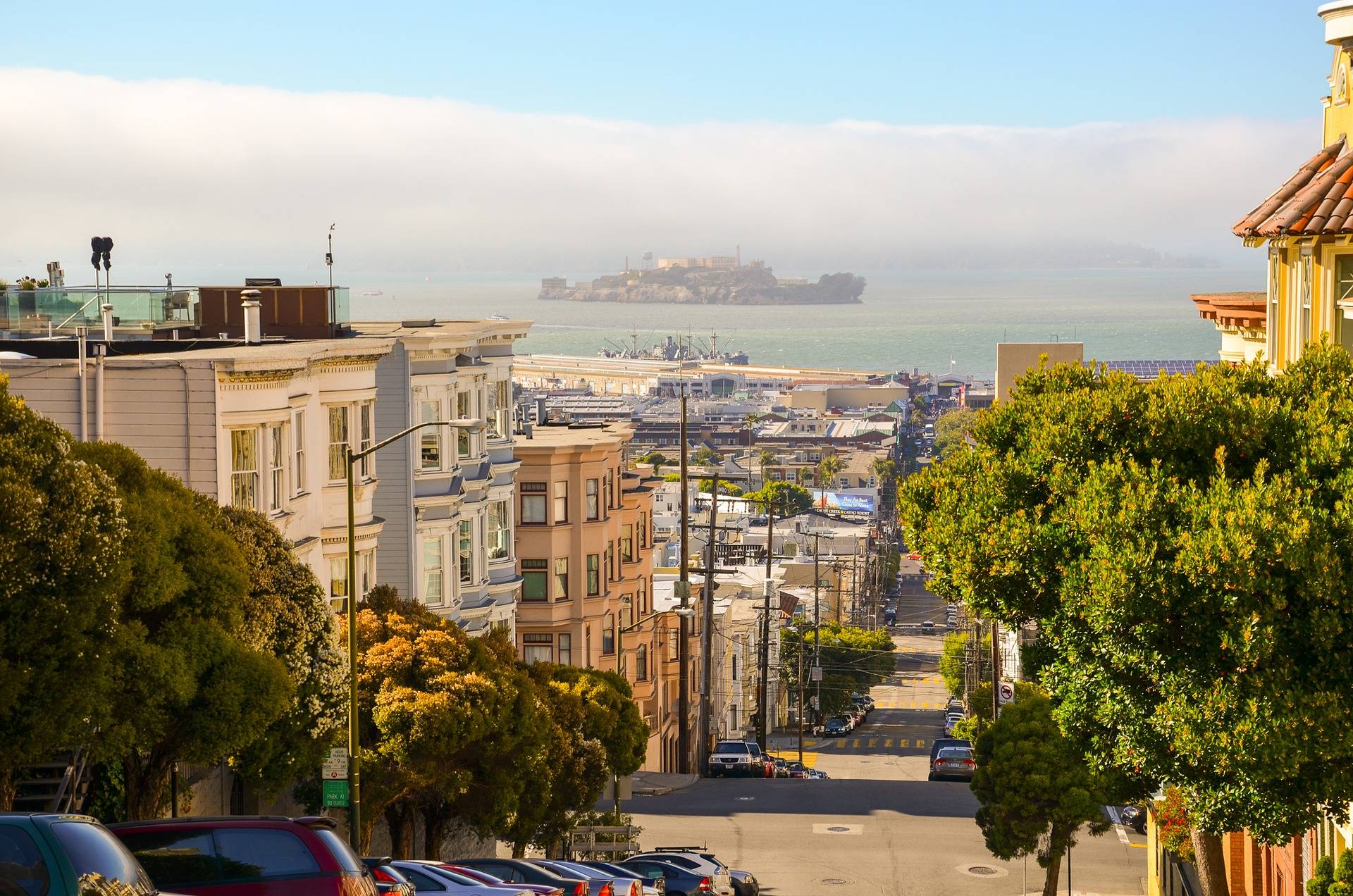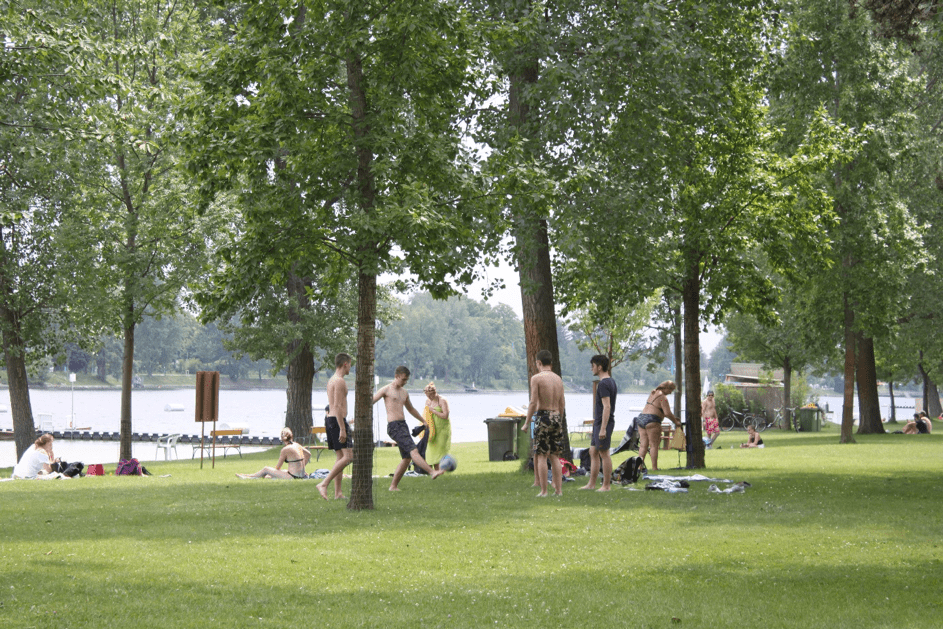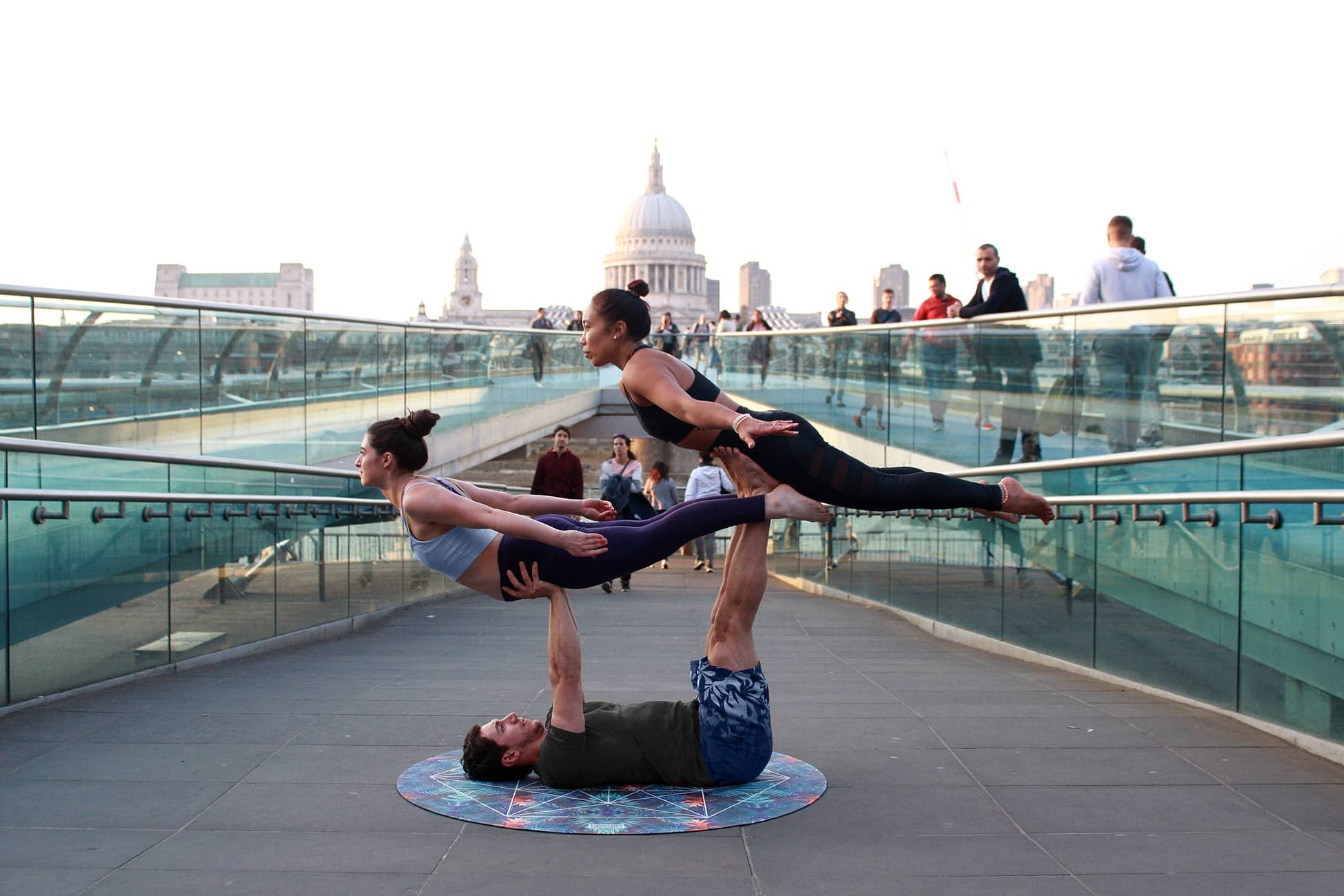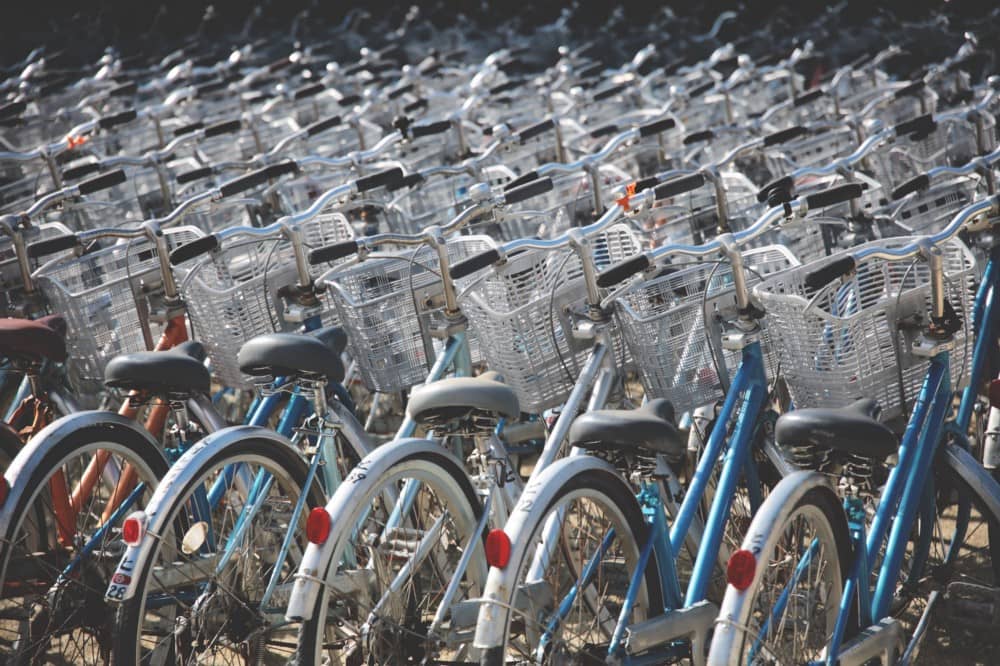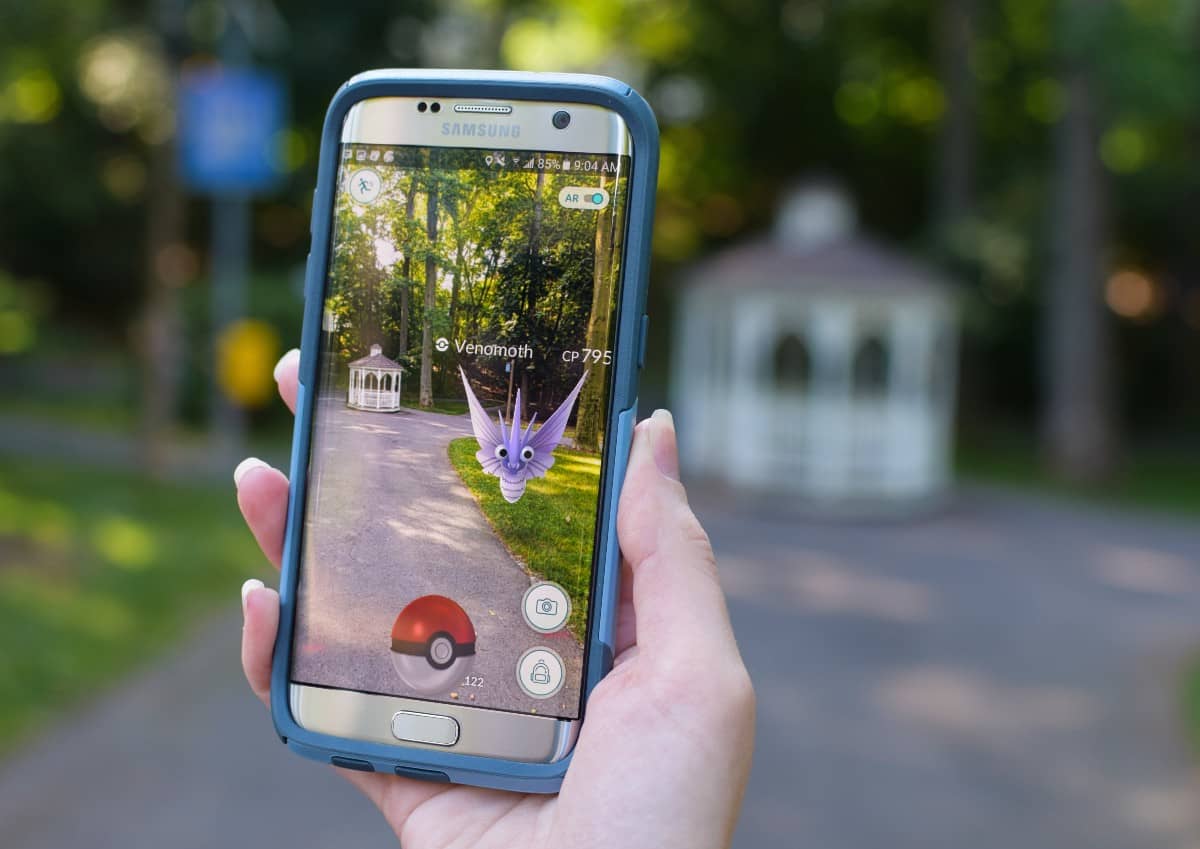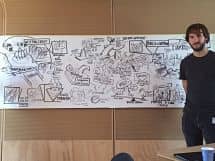

A street named desire
A chilling and disturbing beauty: this is what these pictures of the most emblematic public spaces taken for the New York Times show us. Known for their incessant bustle, they are now empty – the most visible consequence of the confinement of 2.6 billion people intended to hinder the exponential dynamics of the coronavirus pandemic.
“Stay home”: the epidemic has suddenly turned the public space into a space of danger. A danger that is all the more pernicious and anxiety-provoking than it is invisible, from the asymptomatic patient to the public bench or the plastic wrap of the pasta on which the virus has landed.
But confinement also makes the public space a space of desire: being able to find oneself there again will mean the epidemic is on the decline. In the meantime, alternatives are being found in physical space – with aperitifs shared between balconies – as well as in virtual space – from videoconferences to concerts broadcast live from the artists’ lounge, all of which are a great success, as shown by the peaks reached on the stock market by Zoom.
The need for encounters and the thirst for information and understanding are perhaps one of the good news we so eagerly need in this dark context: the current crisis highlights a double need, that of a physical space that allows people to live together and meet with others on the one hand, and, on the other hand, that of a public sphere that allows debate in the sense of Habermas, and reveals to us, albeit dramatically, how these two spaces are the fundamental pillars of our democratic societies.
No time to read? La Fabrique de la Cité has got you covered. Check our newsletter #22.
To be informed of our upcoming publications, please subscribe to our newsletter and follow our Twitter and LinkedIn accounts.
These other publications may also be of interest to you:
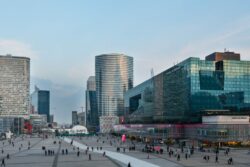
Death and life of CBD
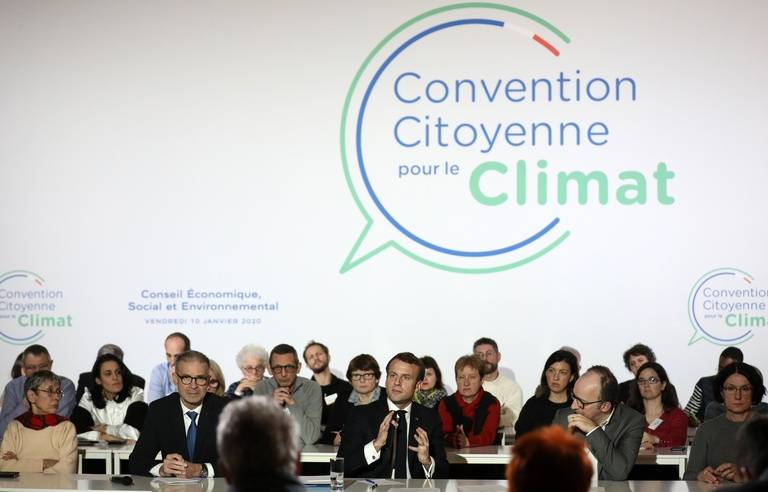
Is resilience useful?
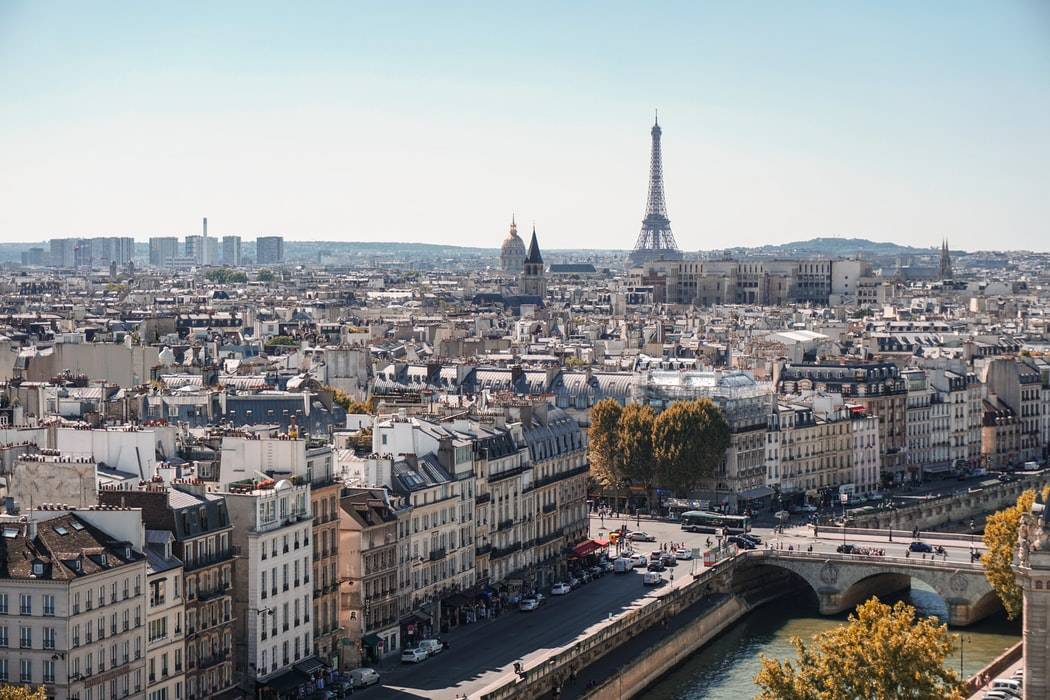
Long live urban density!
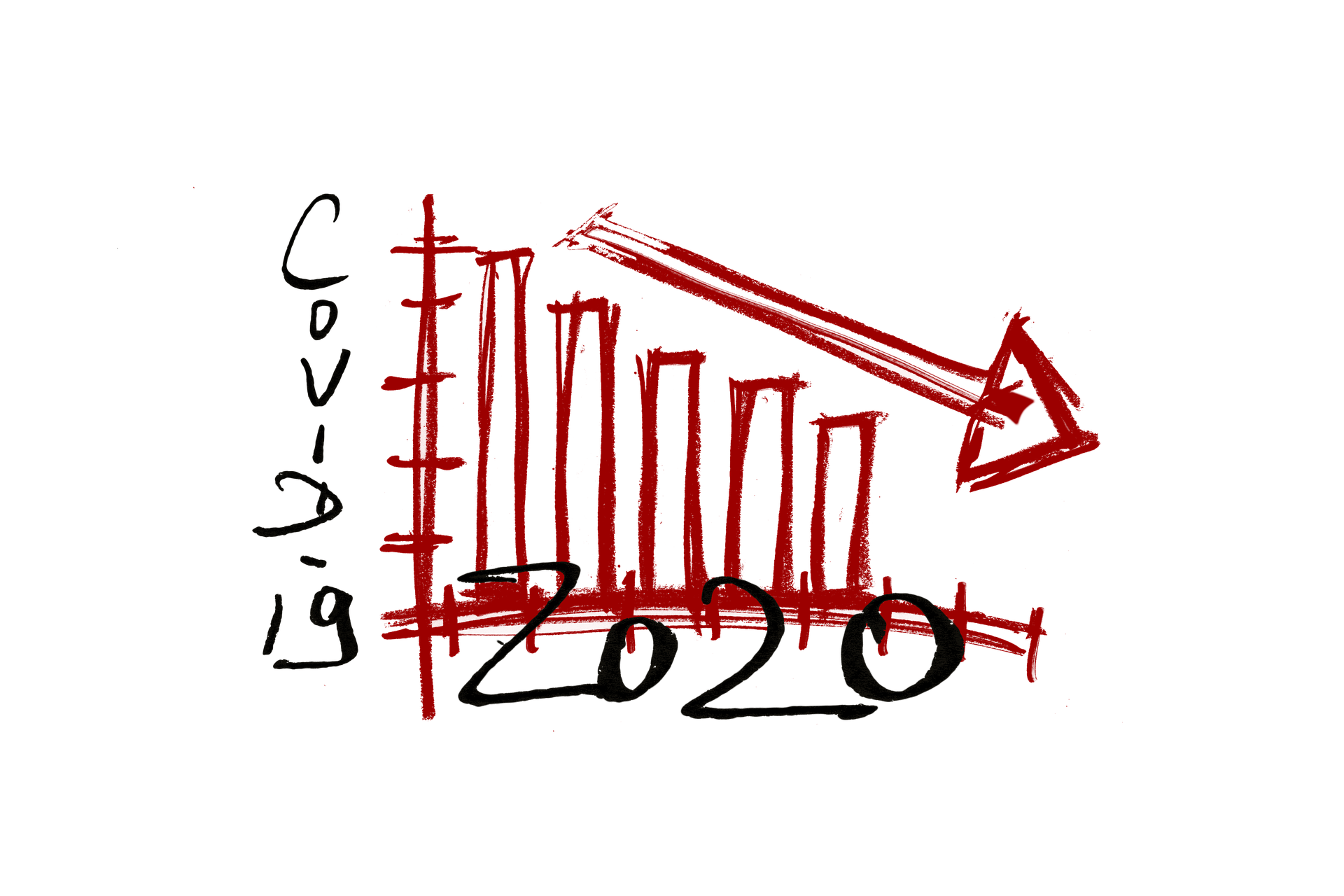
Behind the words: Recovery
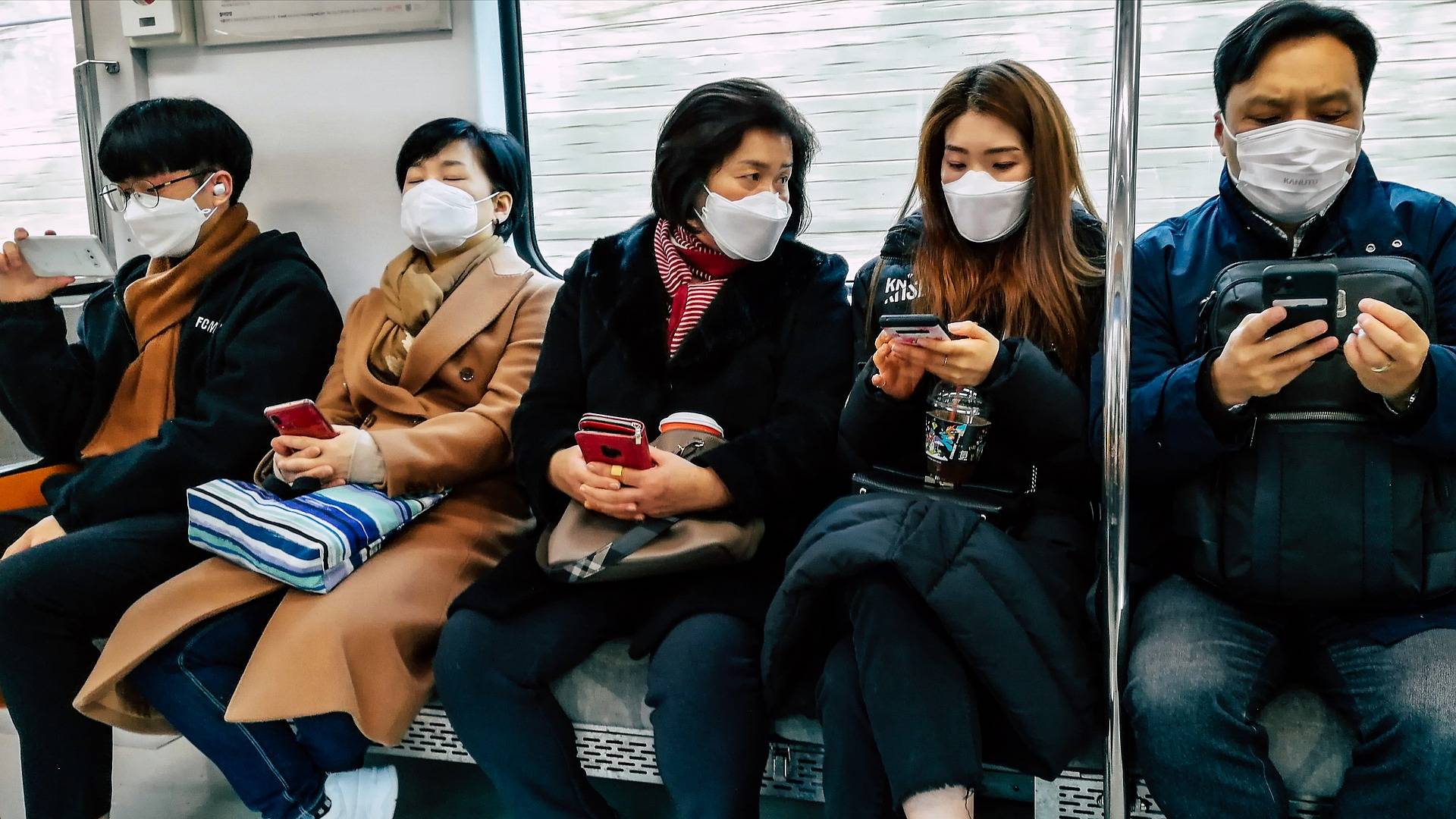
Sending out an SOS
The ideal culprit
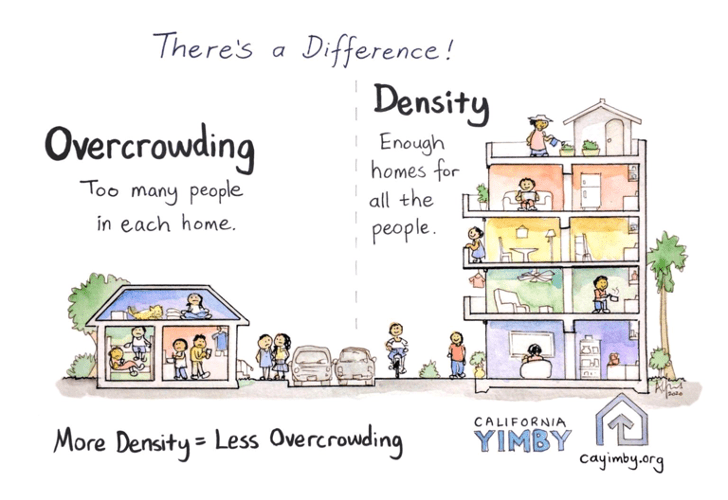
Behind the words: density
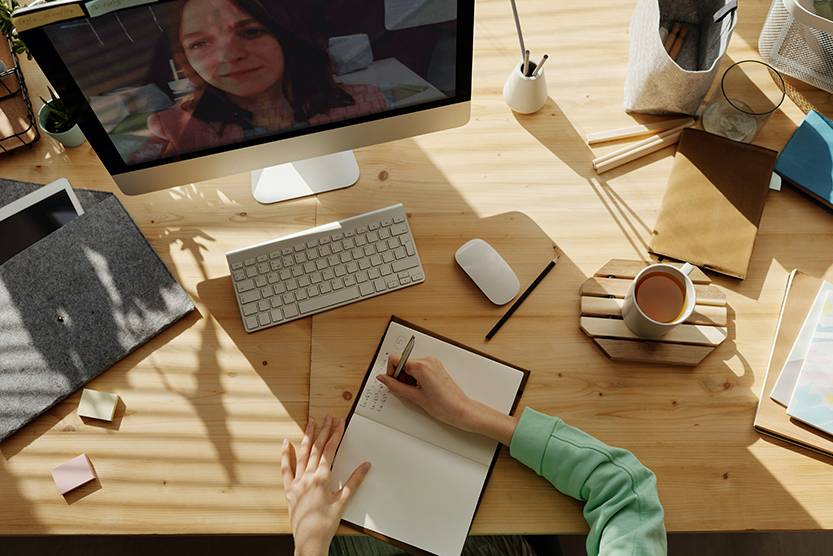
Behind the words: telecommuting

Behind the words: urban congestion

Behind the words: food security
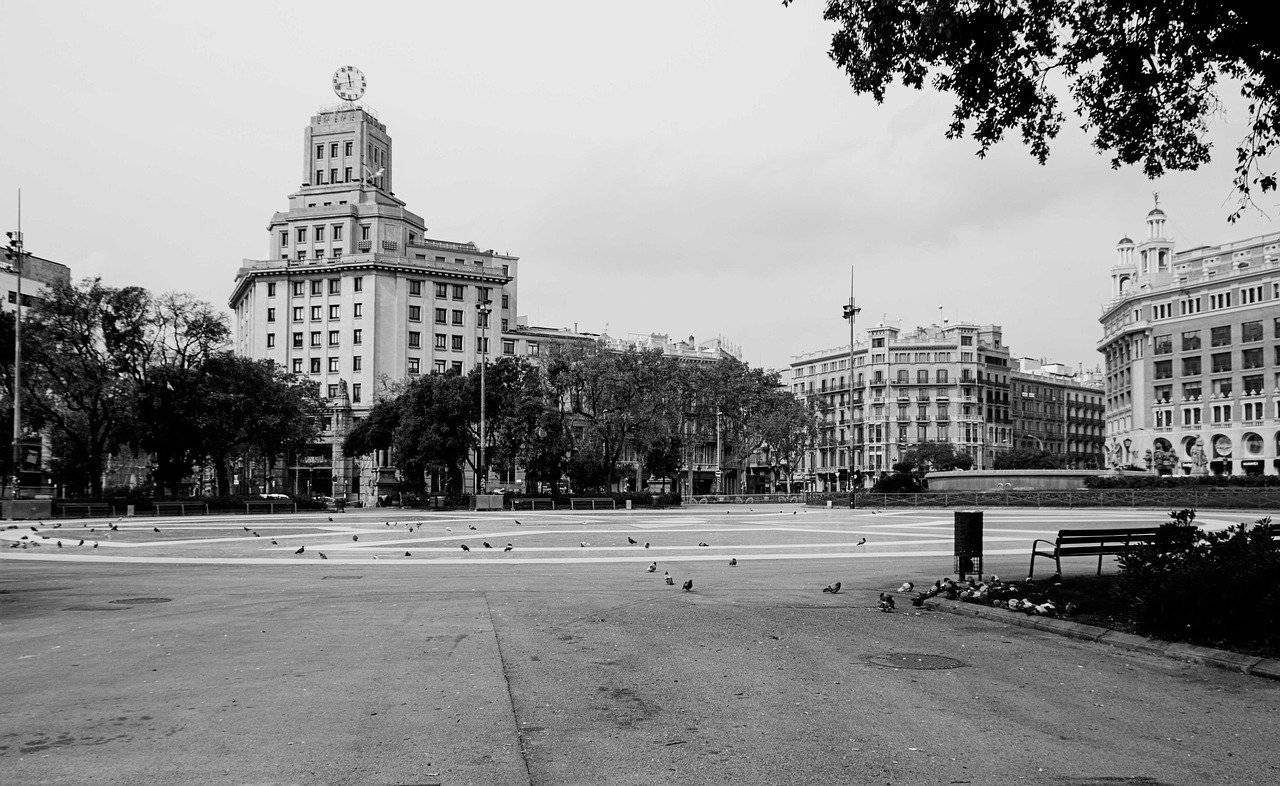
180° Turn
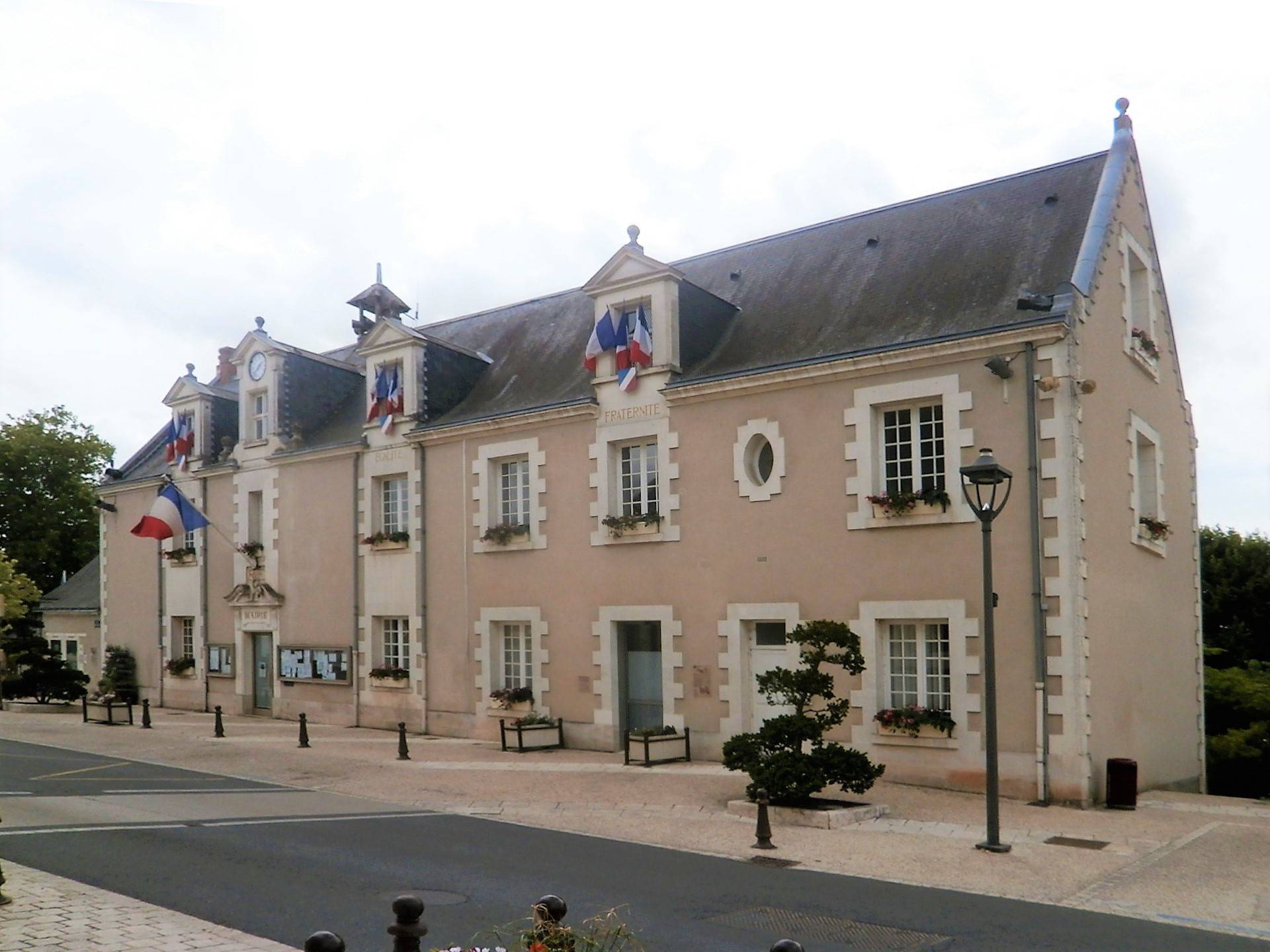
Cities in safe boot mode
Across cities in crisis
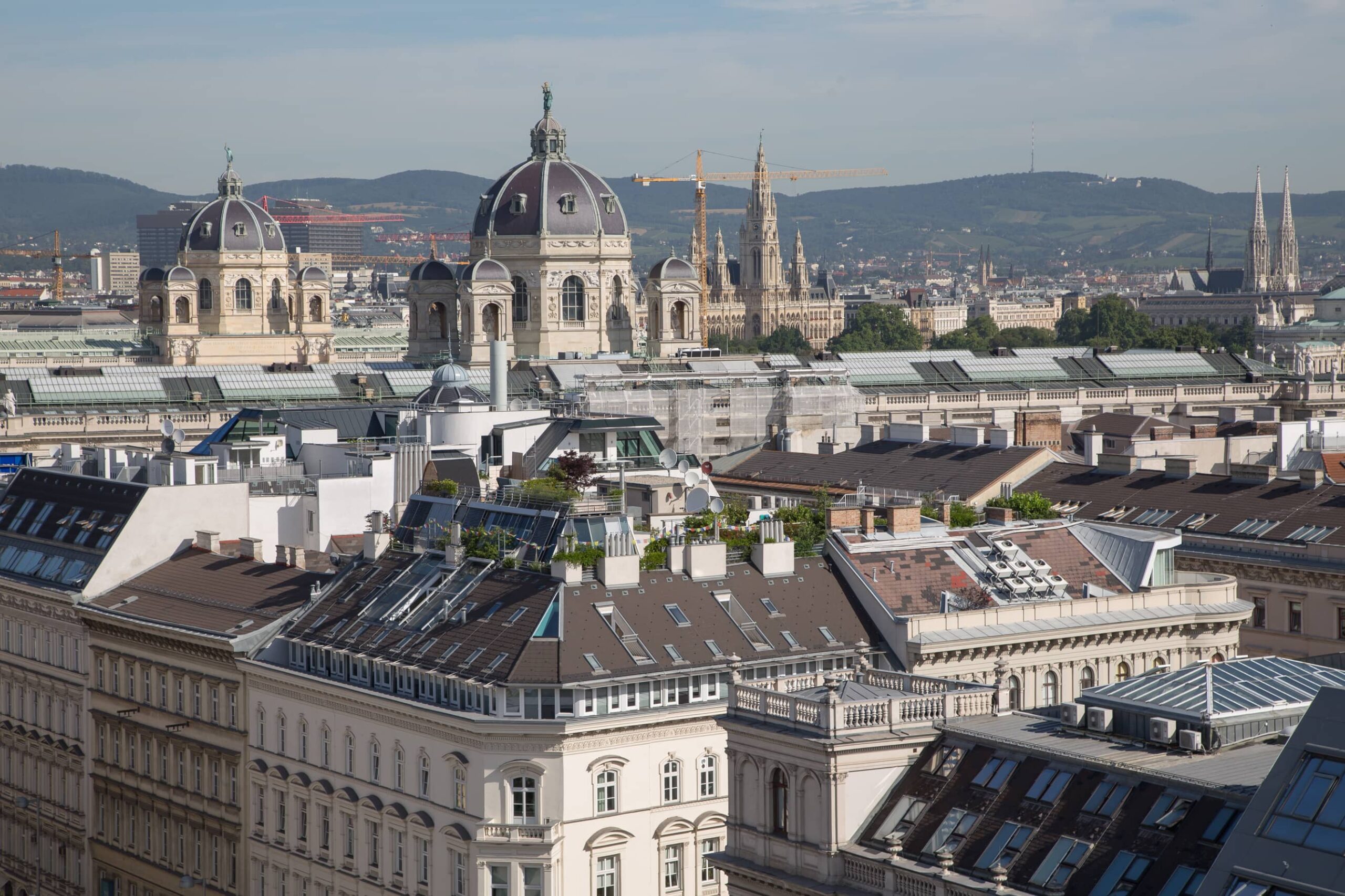
Vienna
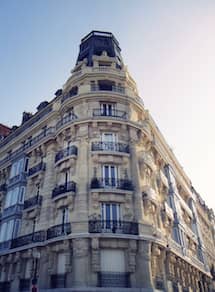
Hausmann and us
La Fabrique de la Cité
La Fabrique de la Cité is a think tank dedicated to urban foresight, created by the VINCI group, its sponsor, in 2010. La Fabrique de la Cité acts as a forum where urban stakeholders, whether French or international, collaborate to bring forth new ways of building and rebuilding cities.















